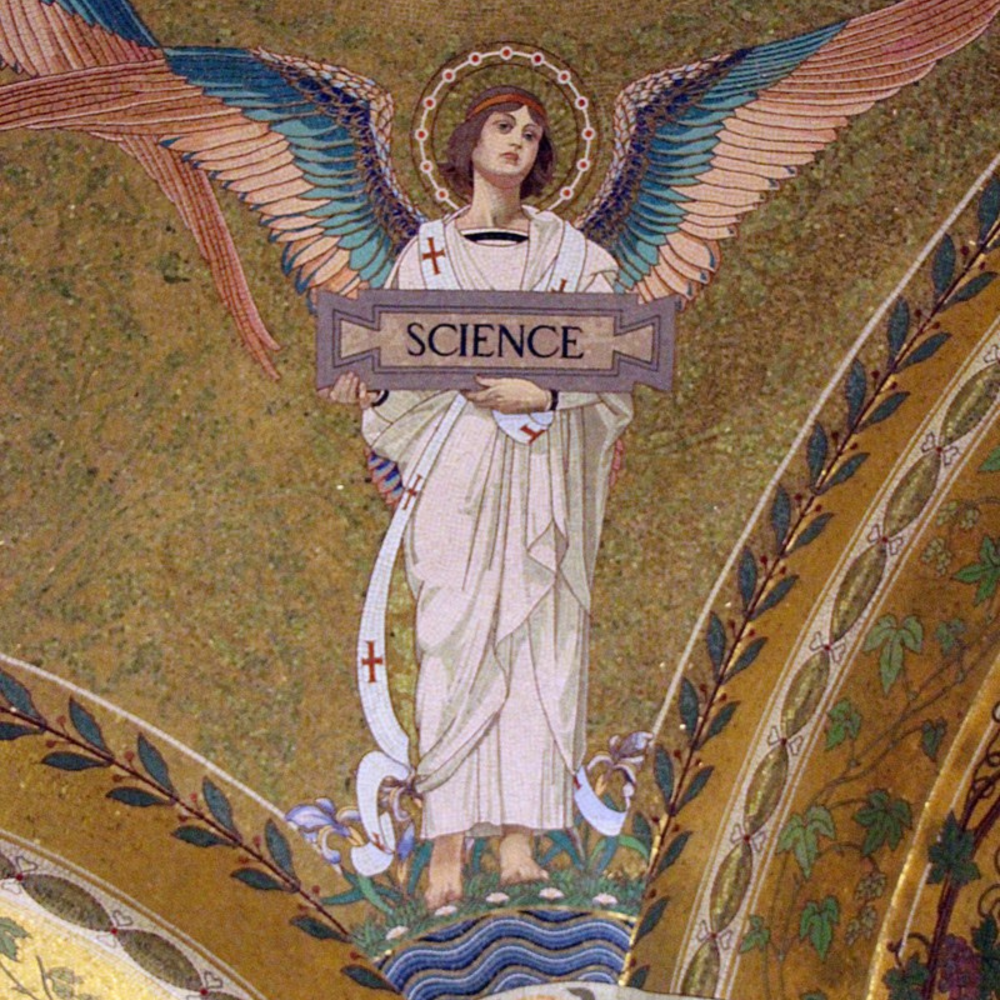There are many epistemological approaches one could take to understanding the world. Epistemology is the study of how we know what we know is what we know. We can use common sense, tradition, religion, appeals to authority, or personal experience, for example, to understand what is going on around us. I would venture to guess that those are the methods we actually use the most in our day-to-day lives. However, within academic research, a far more common method employed is science.
We can sometimes take it for granted that we know what this means since we all have studied “science” since we were in elementary school. I see on social media a lot people just saying things like “because science” as a evidence for their argument; i.e. you’re a kook but I’m right because science. What is science though? Is it right to say that “science” proves our points? I actually strongly disagree with that idea. Science is not proof, but rather a method for gathering evidence. Science may have gathered a lot of evidence for a certain claim that makes it seem pretty incontrovertible, but that does not mean that “science” is the proof. If science is a method, and methods are tools, this to me is like saying “see that house there? it exists because hammer.” Yes, I used a hammer to build that house, but the existence of the house is separate from the methods used to build the house. One could belabor this metaphor further to note, that the more hammers I have and the more people wielding hammers work together, the more I’m going to end up with something that looks like a house. If it were just me and a hammer, I’d probably end up with a couple of badly banged up two-by-fours.
So if science is a method, how does it differ from other methods, like religion or magic? I quite like the definition given by sociologist of religion Rodney Stark (2001) who writes:
Definition 1: Science is a method utilitized in organized efforts to explain nature, always subject to modifications and corrections through systematic observations.
He goes on to tease out these ideas by writing:
Put another way, science consists of two components: theory and research. Theorizing is the explanatory part of science. Scientific theories are abstract statements about why and how some portion of nature (including human social life) fits together and works. However, not all abstract statements, even those offering explanations, qualify as scientific theories, otherwise theology would be a science. Rather, abstract statements are scientific only if it is possible to deduce from them some definite predictions and prohibitions about what will be observed. And that’s where research comes in. It consists of making those observations relevant to the empirical predictions and prohibitions. Clearly, then science is limited to statements about natural and material reality–about things that are in principle observable. Hence there are entire realms of discourse that science does not address.
Note that this does not make science inherently or morally better. In fact, Stark (2001) makes the important point that science is inherently incapable of making moral arguments; morality is neither observable nor part of any natural or material reality. We can determine scientifically the moral claims that people make and assess where they come from, why people hold these claims, or to what purpose they serve. However, science cannot tell us whether or not any particular choice or behavior is, in fact, moral or immoral. Nonetheless, we can still use scientific evidence to make decisions based on our cultural, personal, or religious beliefs that something is better, but “science” does not make it so.
Works Cited
Stark, Rodney. 2001. “Reconceptualizing Religion, Magic and Science. Review of Religious Research. 43(2):101-120.

